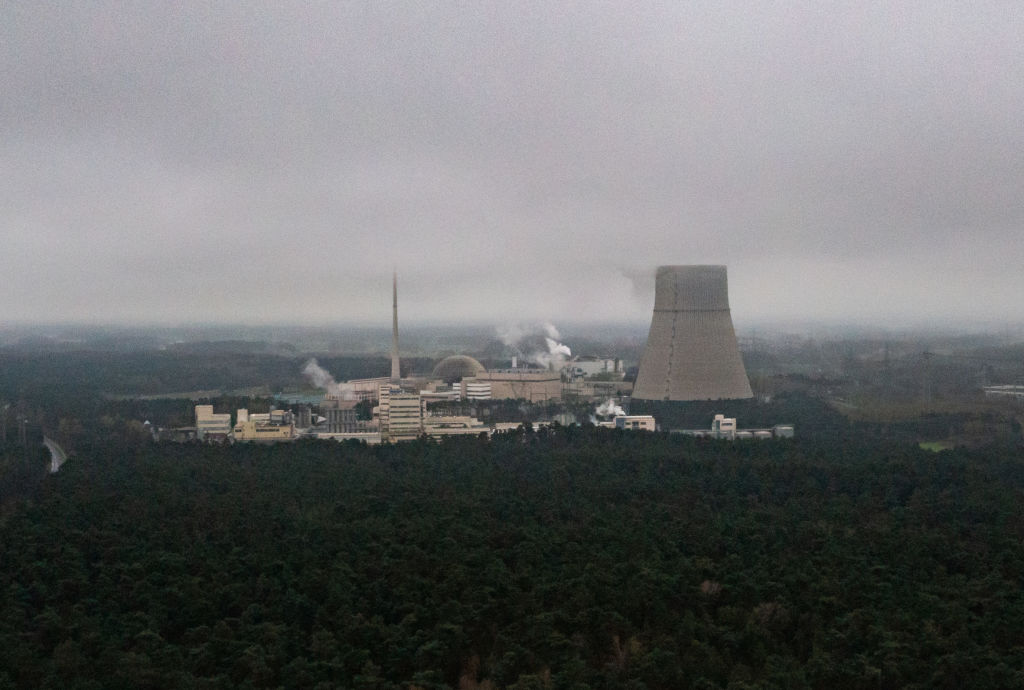Austria will ask the Court of Justice of the European Union (CJEU), the EU’s highest court, for help in its fight against the official classification of nuclear energy as “sustainable”.
This was reported by newspaper Der Standard yesterday with reference to sources from the Austrian environment ministry.
The decision was confirmed by anti-nuclear NGO atomstopp, which announced it had cancelled a protest planned for November 14 due to the ministry’s decision to drag on the legal fight against nuclear.
Herbert Stoiber, manager of atomstopp, said: “Up to 80 per cent of Austrians are against nuclear power. With the planned appeal the federal government fulfils the clear request of the population to counter the greenwashing of nuclear power in the European Union.”
The appeal means Austria’s three-year battle against nuclear continues. In 2022, the European Commission had declared nuclear power and natural gas as “ecologically sustainable” forms of energy in the EU taxonomy regulation.
The EU taxonomy for sustainable activities is a classification system that determines what economic activities are officially environmentally “sustainable” within the EU’s Green Deal, the bloc’s plan to become carbon neutral by 2050.
Whether or not an activity is “sustainable” in the eyes of the EU is important for securing investments and financing.
The appeal to the CJEU is Austria’s last chance to overturn the EC’s decision. In September, the European General Court (ECG), a constituent court of the CJEU, had thrown out an earlier complaint from the anti-nuclear country.
The ECG found that “certain business activities in the areas of nuclear energy and natural gas could contribute meaningfully towards climate protection and adaptation to climate change”. In addition, it said the EC had not overstepped its competences regarding the taxonomy decision.
Austria has a long history of anti-nuclear sentiment, fuelled by both politicians and media. Nevertheless, the country’s energy security depends on imports of electricity generated by nuclear power plants in surrounding countries such as Czechia, Slovakia and Hungary.
In a curious historical oddity, Austria built its own fully-equipped nuclear power plant in Zwentendorf, 20km west of Vienna, in the 1970s.
In 1978, though, the Socialist government of then-chancellor Bruno Kreisky decided not to put the finished power plant into operation. Since then it has never been in use.





